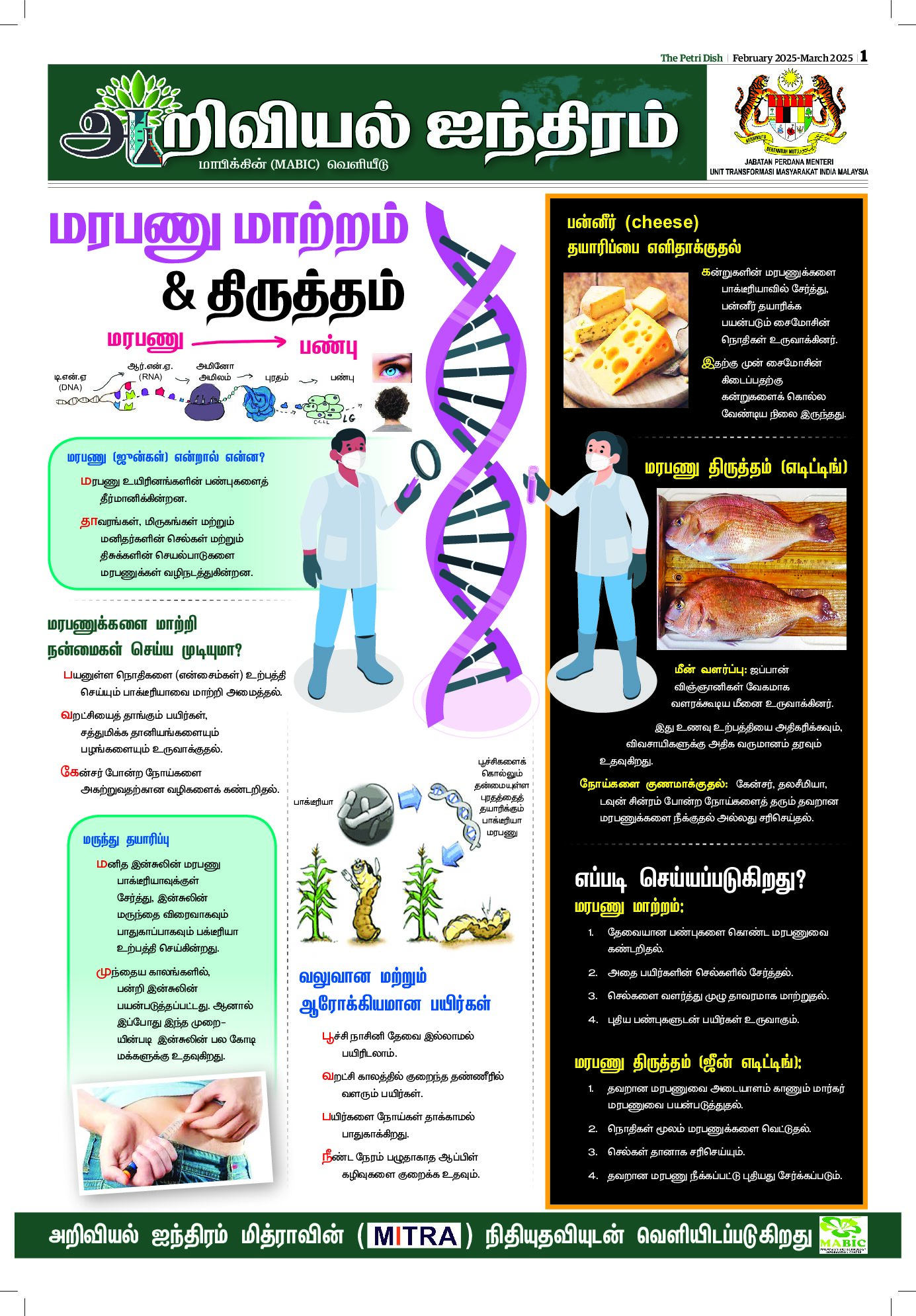KID’S high preferences towards sweet and fatty snacks have long been every parent’s
huge concern. Researchers from University of Guelph, Canada, discovered how genetic variants in taste receptors related to sweet preference, fat taste sensitivity and aversion to bitter green leafy vegetables influence the snacks chosen by preschoolers. The findings show that approximately 80% of preschoolers carried at least one potential vulnerable genotype that could predispose them to bad snacking habits.
The team discovered that kids with a sweet tooth, who have the gene related to sweet taste preference, ate snacks with significantly more calories from sugar. They also ate those snacks mostly in the evening, because that’s when they are at home and have more access to foods high in sugar.
In addition, the children with the genetic variant related to fat taste sensitivity were found to consume snacks with higher energy density. People with this genetic variant may have a low oral sensitivity to fat and therefore consume more fatty foods without sensing it.
Furthermore, another gene that greatly influences kids’ snack choices is the gene controlling bitter taste on the taste receptors, which when highly expressed, leads to preferences in unhealthy sweet and fatty snacks to replace the healthy greens. This explains the aberrant raise in obesity rate in kids. The findings could be a useful tool for parents to tailor their children’s diet accordingly in the future, yet it warrants further exploration.












